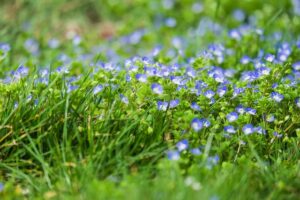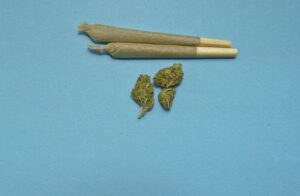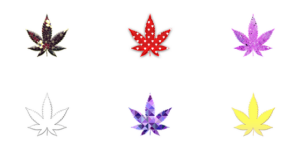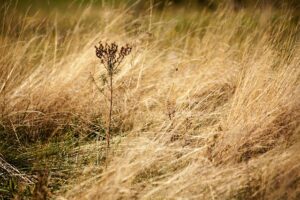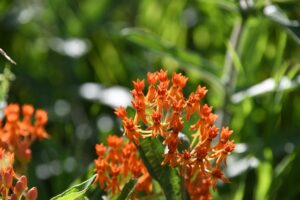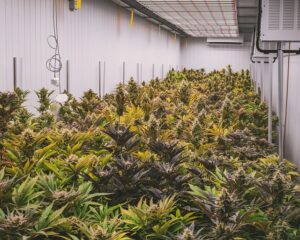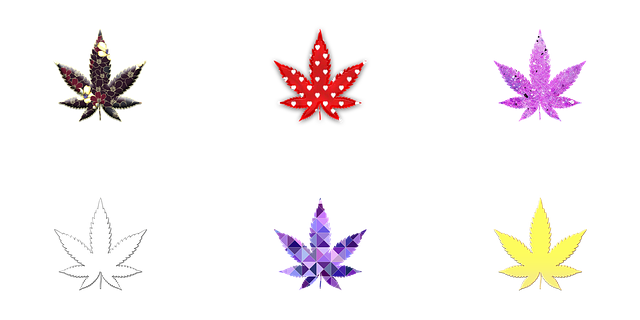
THCA and CBD are both cannabinoids found in cannabis that have distinct effects on sleep. THCA, which is non-psychoactive and converts to Delta-9-THC when heated, may influence sleep architecture and offer sedative benefits, potentially aiding those with sleep disorders like insomnia. It directly induces sleep, while CBD, also non-psychoactive, indirectly promotes restful sleep through its anti-anxiety properties, helping to improve sleep without causing drowsiness. The choice between THCA and CBD should be personalized, considering factors such as dosage, consumption method, and individual physiology, as these can influence responses. Both compounds can enhance sleep quality differently; THCA's effects are more pronounced and lasting, with users reporting deep, restorative sleep due to its analgesic and anti-inflammatory properties. However, it may cause mild paranoia or anxiety in some. CBD, on the other hand, is preferred by those sensitive to THC due to its calming effects that aid sleep without psychoactive side effects. It's crucial for individuals to consult healthcare professionals before using either compound to ensure they are used safely and effectively for managing sleep issues. This comparison between THCA and CBD for sleep underscores the importance of tailored cannabinoid therapy for optimizing sleep health.
exploring the therapeutic potential of THC Acid (THCA) flower in the realm of sleep health, this article delves into the comparative effects of THCA versus Cannabidiol (CBD). As we embark on understanding ‘THCA vs CBD for sleep,’ it is crucial to examine the nuances surrounding THCA flower side effects and their influence on restful slumber. This exploration aims to shed light on how these cannabinoids can impact sleep patterns, offering valuable insights for those seeking natural alternatives for better sleep. Join us as we dissect the science behind THCA’s effects and how it stands apart from CBD in promoting a night of peaceful rest.
- Unveiling THCA Flower: A Comparative Analysis of Its Effects on Sleep vs. CBD
- Navigating the Nuances: THCA Flower Side Effects and Their Implications for Sleep Health
Unveiling THCA Flower: A Comparative Analysis of Its Effects on Sleep vs. CBD
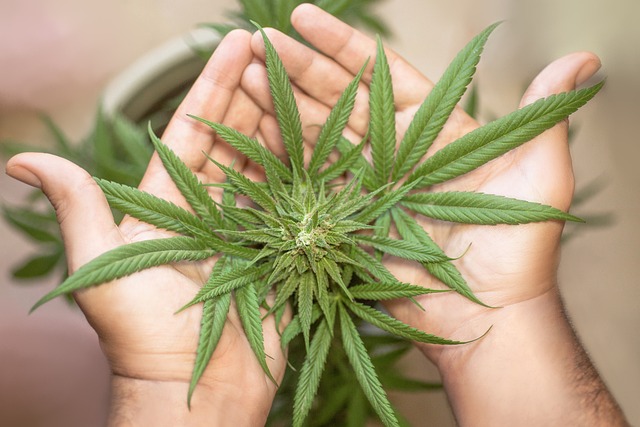
Unveiling THCA Flower’s effects on sleep and comparing them with those of CBD presents a fascinating exploration into the realm of cannabinoids and their therapeutic potential. Tetrahydrocannabinolic acid (THCA), the raw, non-psychoactive precursor to Delta-9-THC, has garnered attention for its distinct properties that may influence sleep patterns. Unlike CBD, which is also known for its relaxing effects, THCA does not bind directly with the body’s endocannabinoid receptors but interacts with other molecular pathways that could potentially modulate sleep architecture. Preliminary studies suggest that THCA may possess sedative properties, which could be beneficial for those experiencing insomnia or sleep disturbances. Its effects seem to differ from CBD, which while non-psychoactive, has been widely studied for its calming and anti-anxiety benefits, which indirectly aid in better sleep quality without the sedating effect. The contrast between THCA and CBD’s influence on sleep is an area of ongoing research, with implications for those seeking natural alternatives to pharmaceutical sleep aids. As such, understanding the nuances of each compound and their specific effects on sleep regulation can help individuals make informed choices tailored to their individual needs. When considering thca vs CBD for sleep, it’s important to note that individual responses to these compounds can vary based on factors like dosage, the method of consumption, and personal physiology. Thus, exploring the unique mechanisms and potential benefits of THCA compared to CBD in the context of sleep health is a crucial step in expanding our understanding of cannabinoid therapy.
Navigating the Nuances: THCA Flower Side Effects and Their Implications for Sleep Health
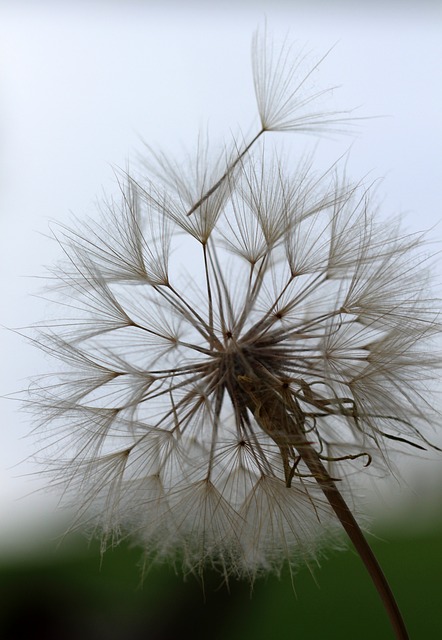
THCA, or tetrahydrocannabinolic acid, is a cannabinoid found in the Cannabis sativa plant that has garnered attention for its potential effects on sleep health. Unlike its more famous counterpart, CBD (cannabidiol), THCA maintains its psychoactive properties even after decarboxylation—the process of heating cannabis to transform THCA into THC. This distinction is crucial when considering the use of THCA flower for sleep. While both compounds have been studied for their sedative properties, THCA’s effects are often reported as more pronounced and long-lasting. Users may experience a deep, restorative sleep due to THCA’s analgesic and anti-inflammatory benefits, which can alleviate pain and discomfort that might disrupt sleep patterns. However, it’s important to approach the use of THCA flower with caution, as the side effects can include mild paranoia or anxiety in some individuals, especially at higher doses. Conversely, CBD is often lauded for its calming and relaxing properties without the psychoactive impact, making it a preferred choice for those sensitive to THC’s effects or those seeking an alternative option for improving sleep quality. The implications for sleep health are significant, as selecting between THCA and CBD should be informed by an individual’s unique endocannabinoid system and personal sensitivities. Users should consider consulting with healthcare professionals to navigate these nuances safely and effectively.
In conclusion, the exploration of THCA flower’s effects in comparison to CBD for sleep reveals nuanced differences that are significant for individuals seeking natural remedies. While both compounds offer promising benefits for sleep quality, understanding their distinct side effects and implications for sleep health is crucial. The comparative analysis suggests that THCA may hold potential as a more potent option for sleep regulation, yet its side effects must be carefully considered to ensure safe usage. As with any therapeutic intervention, personal tolerance and the right dosage play pivotal roles in optimizing benefits while minimizing risks. It is always advisable to consult healthcare professionals before incorporating THCA flower or CBD into one’s health regimen, particularly for sleep-related issues.
